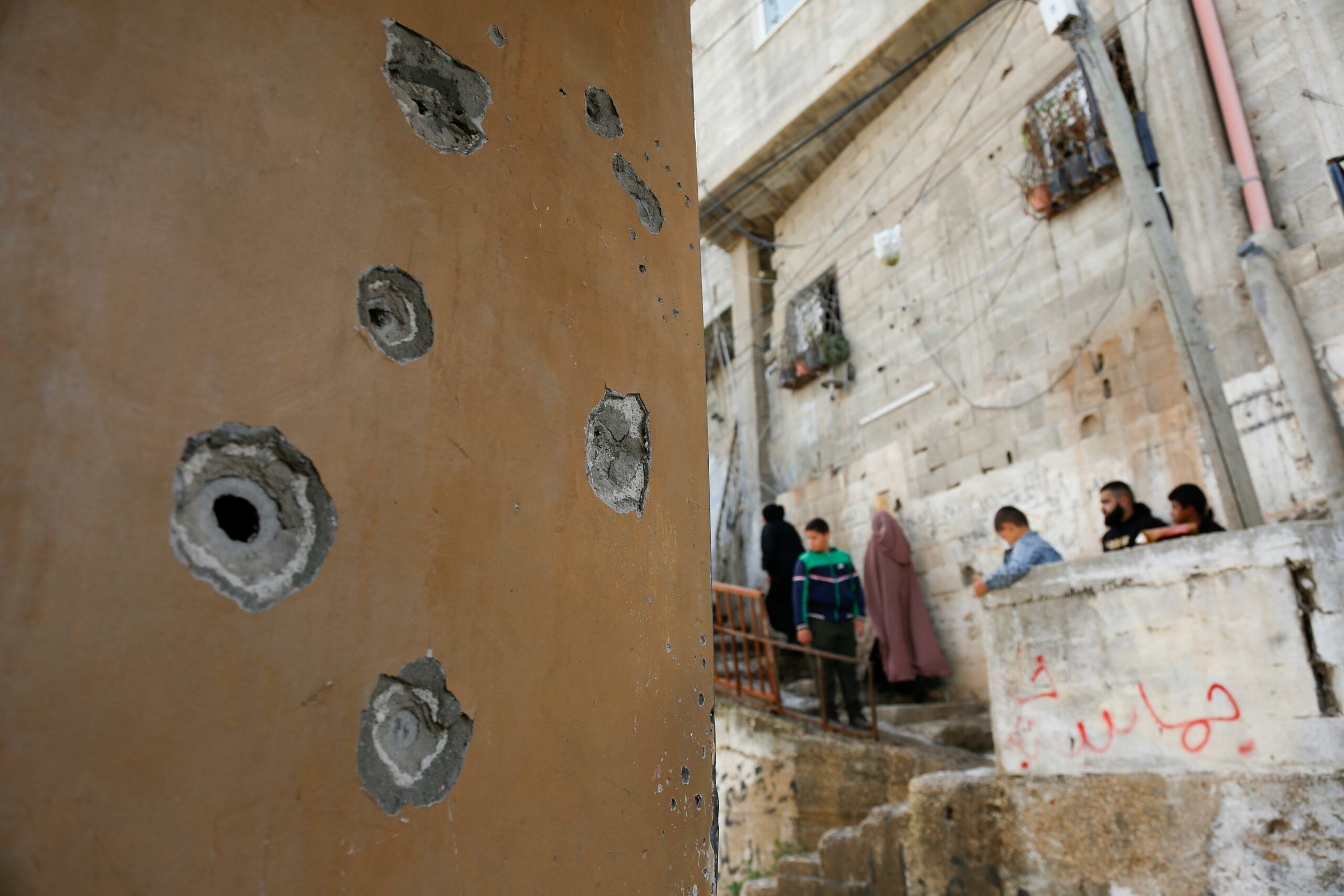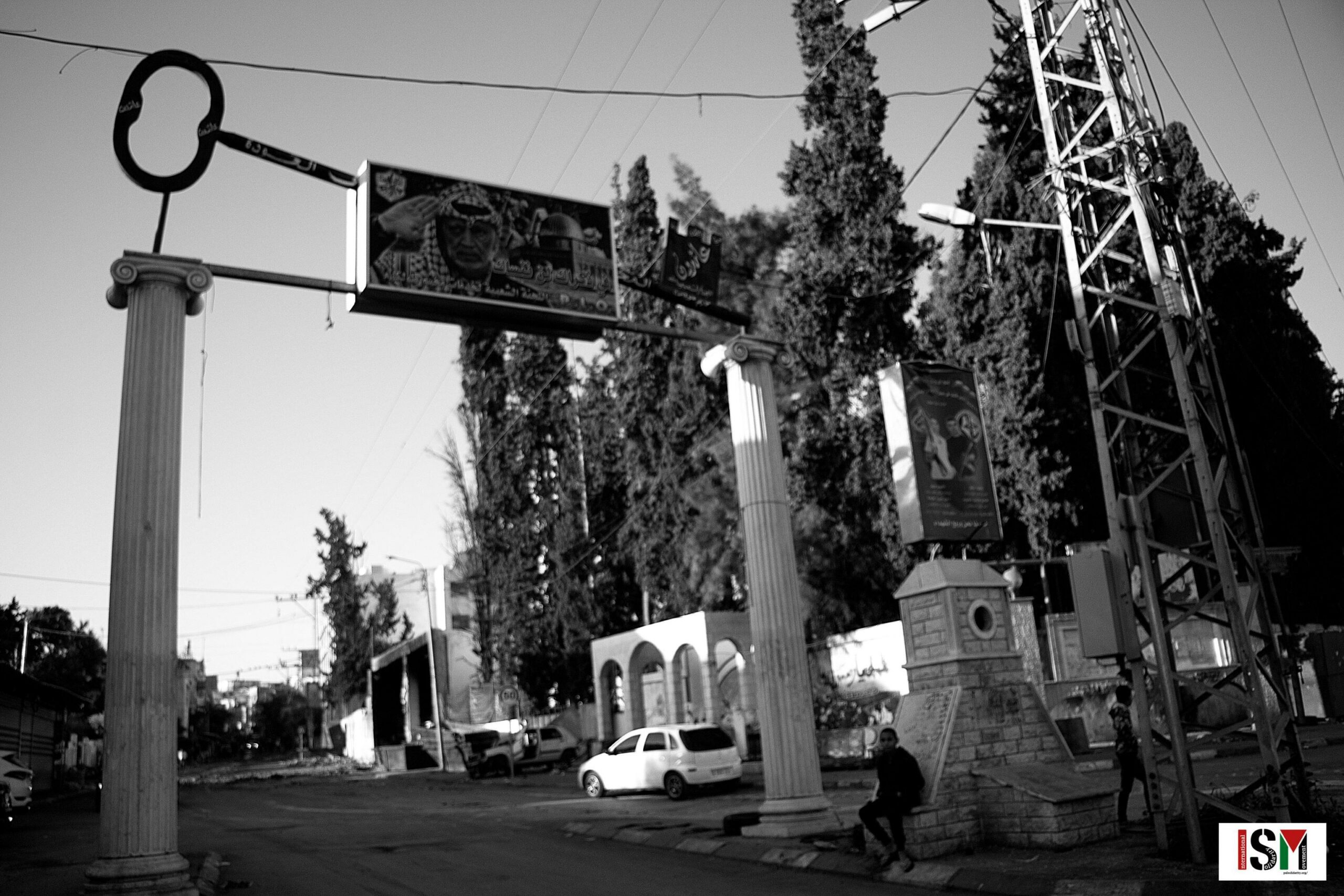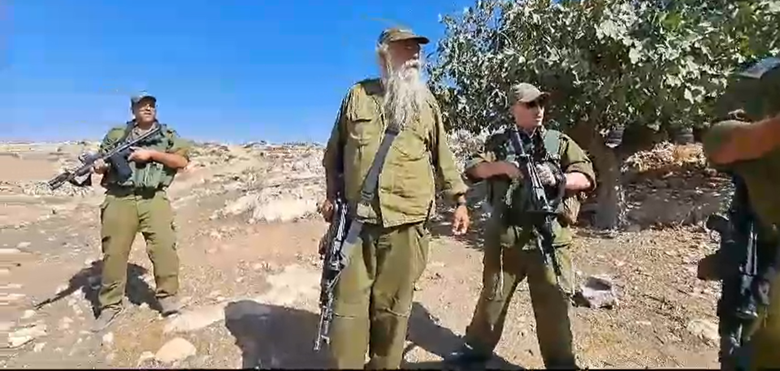Category: Photo Story
-
Who is Holding Israel Accountable for its Crimes?
Israeli snipers were deployed everywhere, especially on the roofs of Palestinian houses inside the camp and its surroundings, as well as inside buildings under construction in the city, targeting anything that moved.
-
Two attacks in less than 24 hours in Tulkarem Camp
08 November 2023 | International Solidarity Movement | Tulkarm By Diana Khwaelid The Israeli occupation is not only committing crimes in Gaza, it continues to commit crimes in the West Bank. A quick military operation was carried out by Israeli special forces in broad daylight, as they planned an ambush for three young men from…
-
Ethnic cleansing in Masafer Yatta reaches unbearable level: Call to Action
Masafer Yatta | International Solidarity Movement Colonial violence and ethnic cleansing is quickly escalating in Masafer Yatta, a rural region south of Hebron, in the West Bank. Settler militias are terrorizing Palestinians by invading their villages during pogroms, armed with assault rifles, often wearing Israeli army uniforms and accompanied by Israeli soldiers. Palestinians and ISM…



